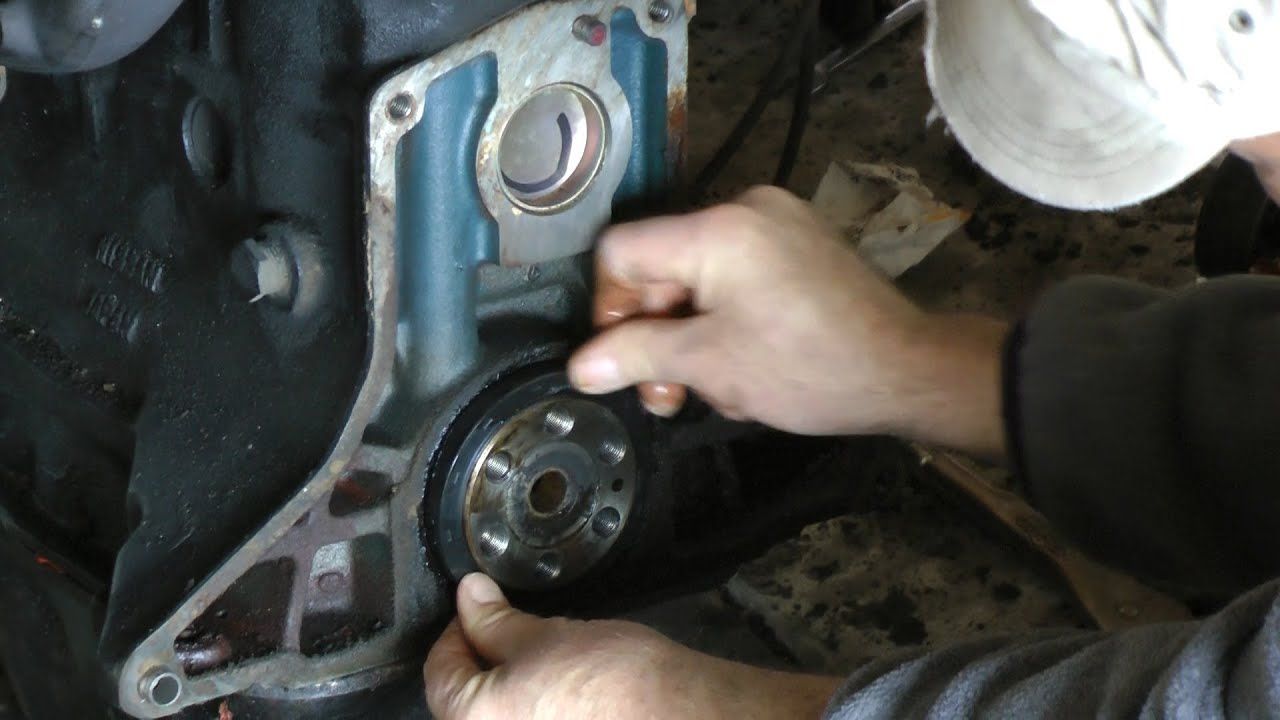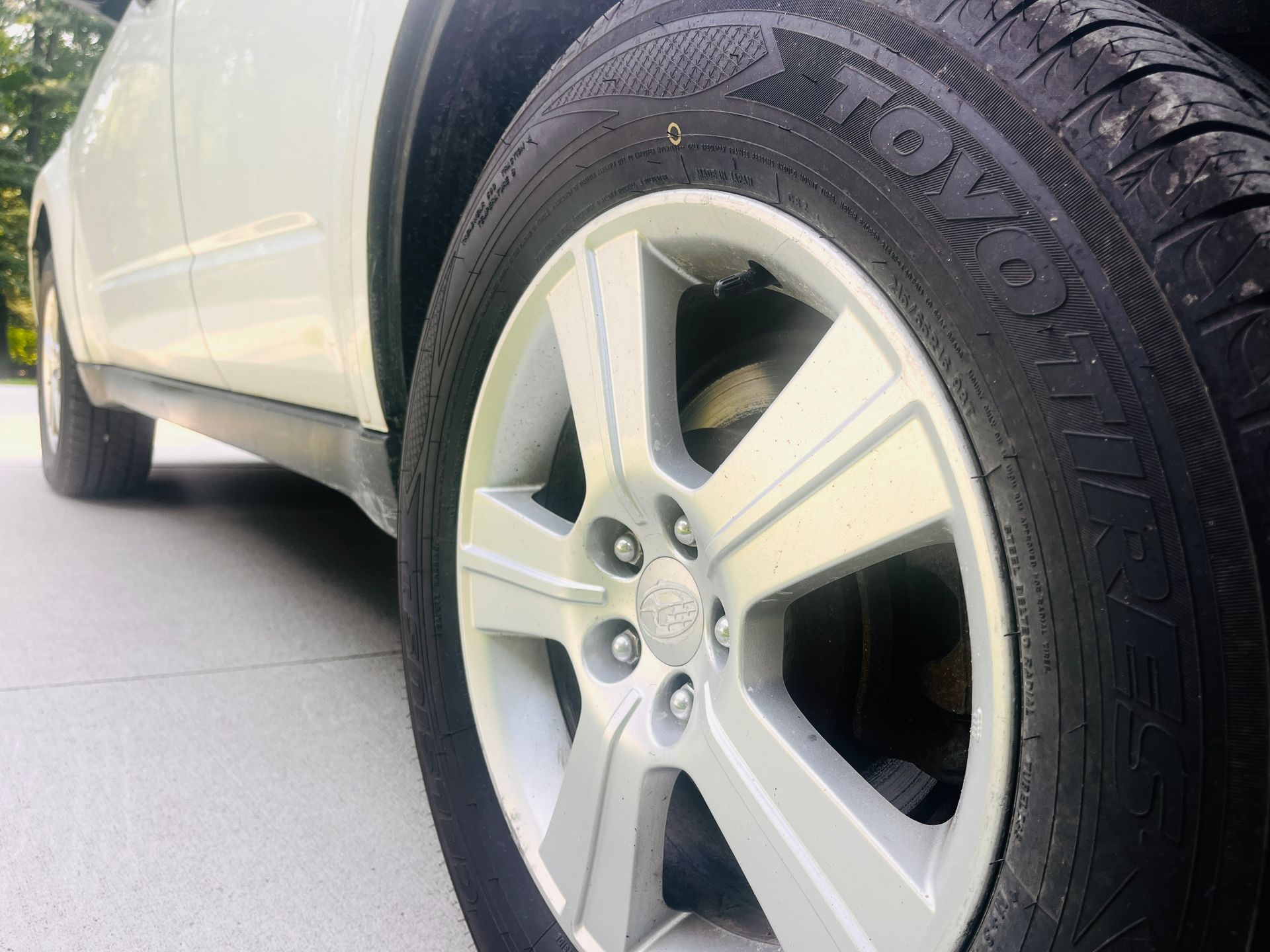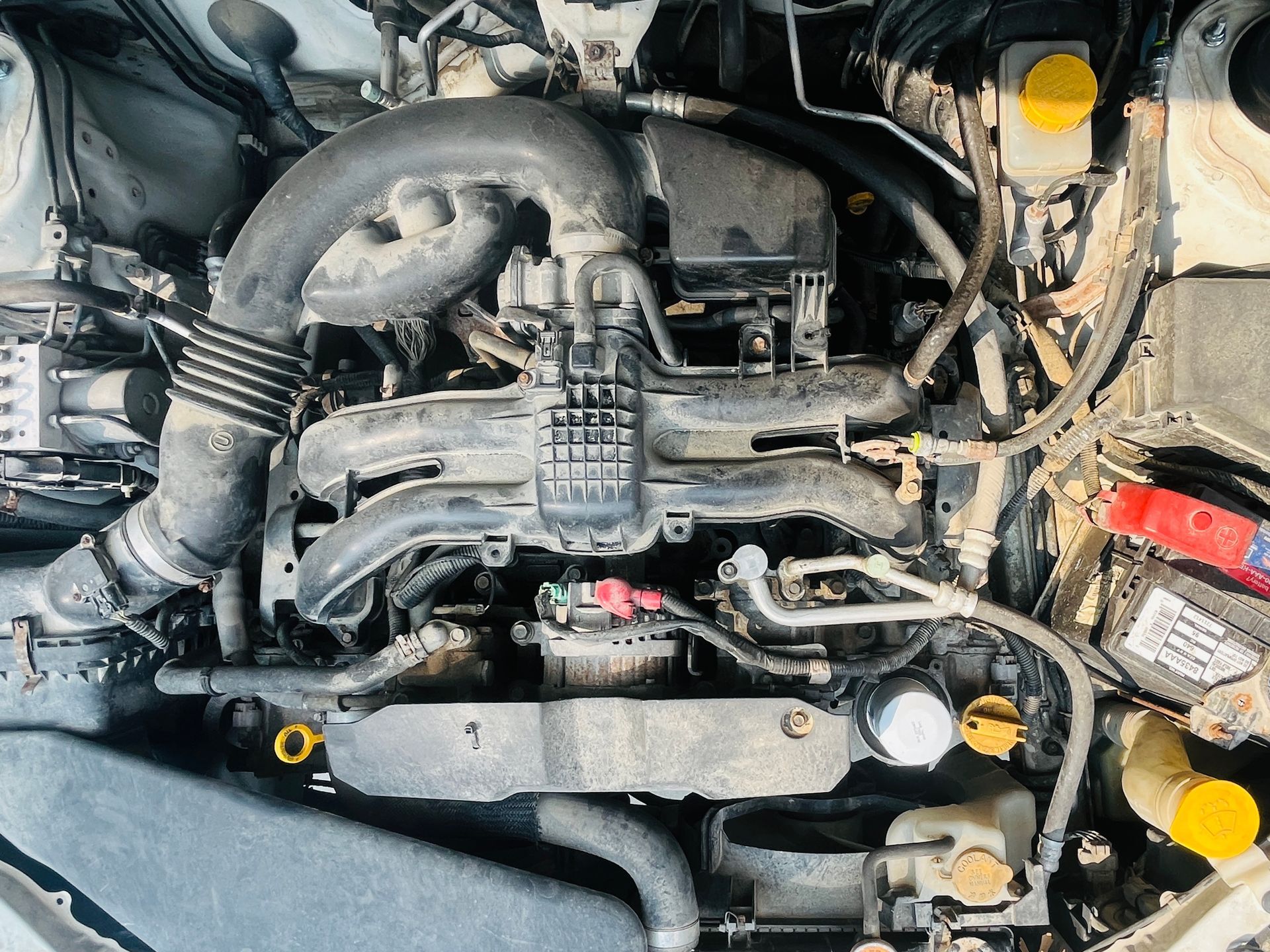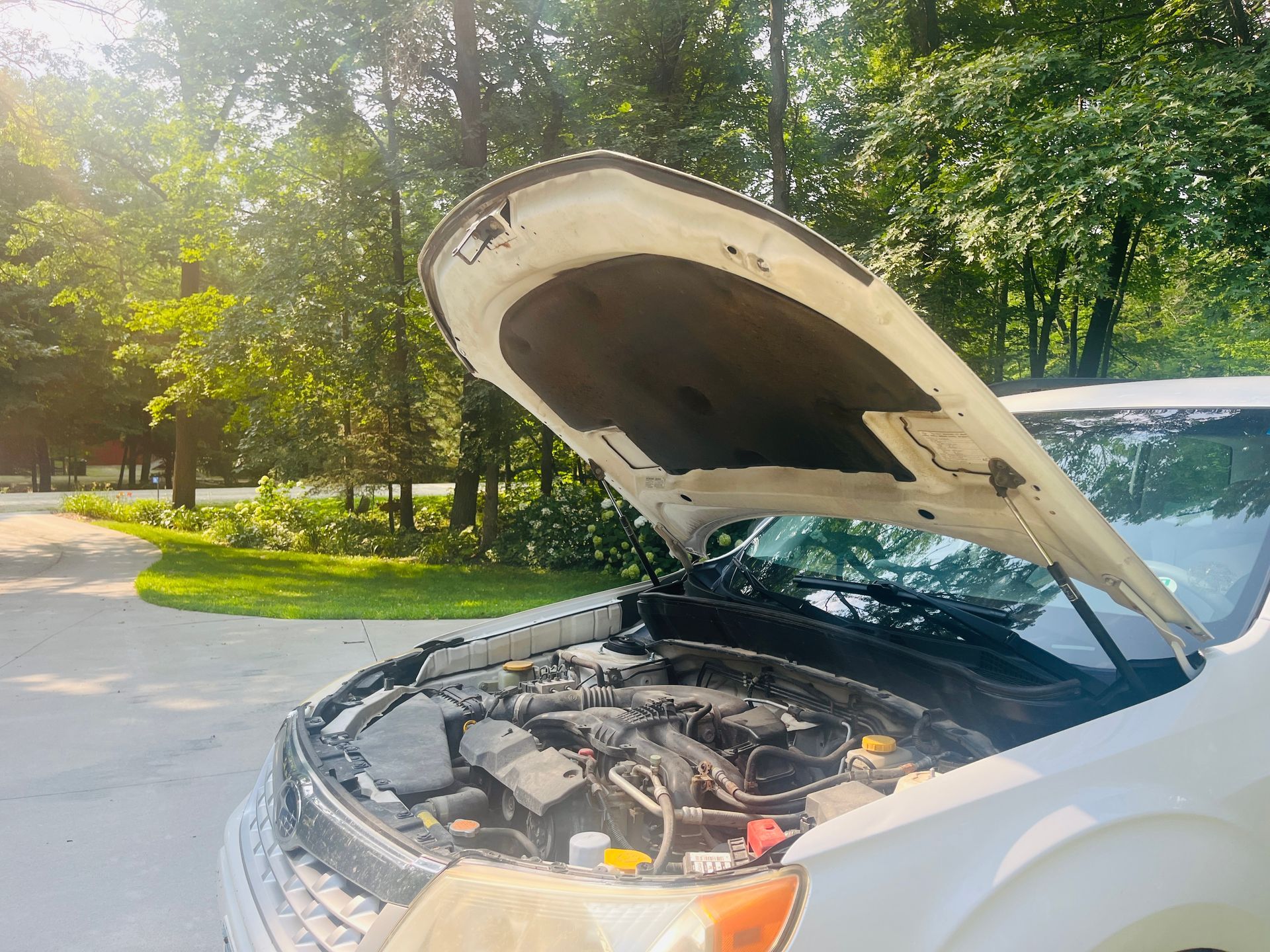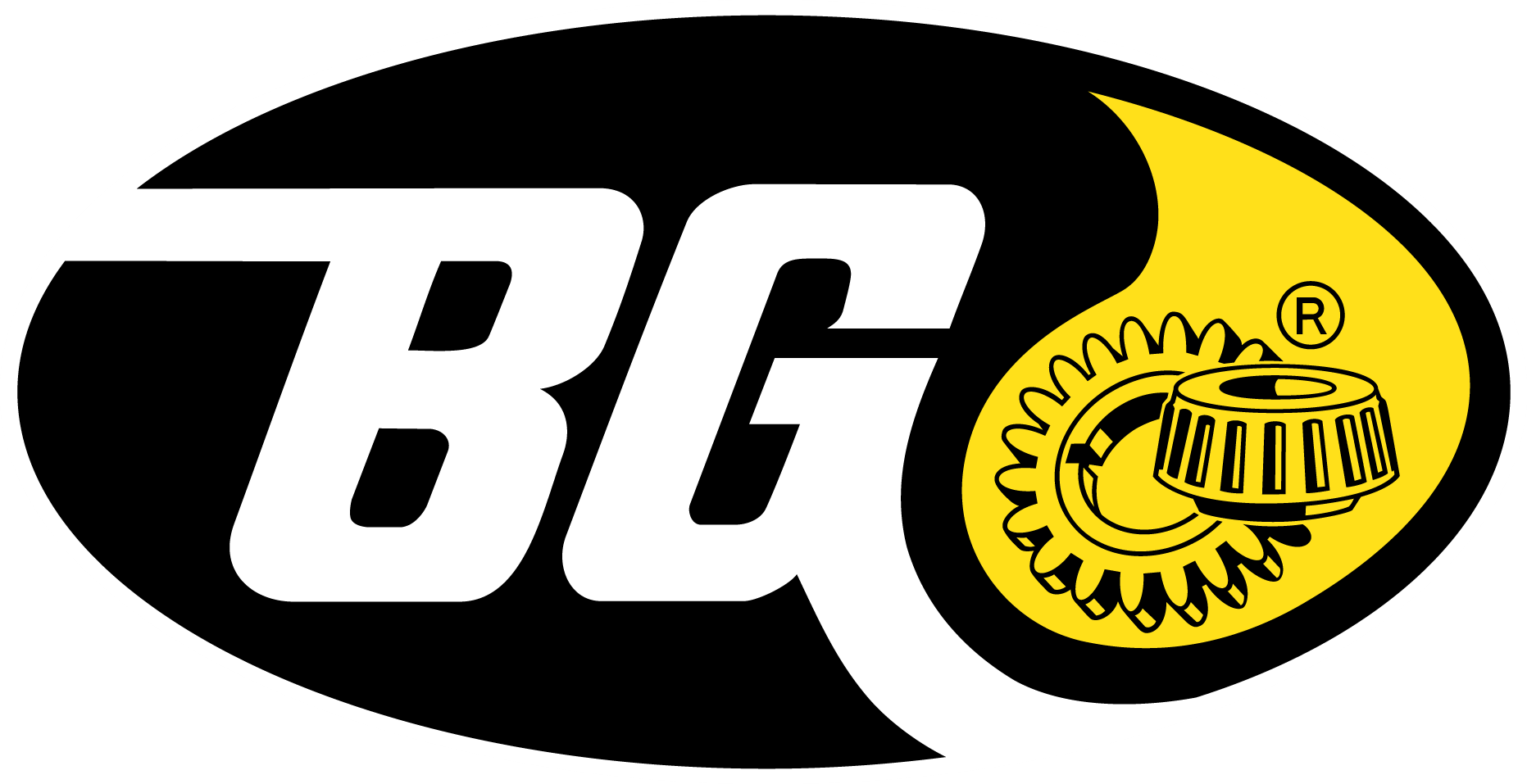Going nuts with auto maintenance
May 7, 2015
My father-in-law, Ron, had herpes encephalitis in January and nearly died. Miraculously, he has recovered physically but his short-term memory is lacking. My mother-in-law, Snooks, has endured so much over the last few months and needed some help. So I, being her favorite daughter-in-law (okay, only DIL), made flight arrangements to be with her for a week in April. Little did we know that my trip would wind up much different than we anticipated.
Shortly before my visit, she went to the doctor with symptoms of a kidney stone. Tests revealed a mass surrounding her kidneys and ureters. I arrived just in time to take her to her biopsy procedure, doctor appointments and subsequent ureteral stent placement surgery. What impeccable timing for my trip! On my return flight home, I sat next to a "nutty" old man, Dave, who must be a morning person because at 5am he was as chipper as a bird and louder than a goose. Between his world-traveling stories and frequent hyena-like laughter, I told him why I was in Casper and how, as my in-laws age, they are considering what they will do with their large house and acreage that is now difficult to care for.
Dave said something that resonated with me and applies to so much in life: "We have two choices in life, we can act or react." Isn't that the truth? Doesn't it apply to so many aspects of life? It even rings true with our vehicles. I know many people who do not act by having maintenance performed on their vehicles and later they have to react by having expensive repairs done. Let's talk about how owners of direct injection vehicles might live by my new friend Dave's advice.
INJECTIONS SYSTEMS
Injection systems have come a long way over the years. In the days of old, carburetors and single point fuel injection systems were used-they got the job done but were imprecise when measuring the amount of fuel needed at any given time.
Today, the vast majority of modern cars use port injection (a multi-point fuel injection-MPFI) that is able to adjust the amount of fuel sprayed into to the intake for each individual cylinder in a more precise fashion. This has improved engine power and wasted less fuel.
Direct injection (DI) is the latest technology designed to squeeze more MPG out of cars. By injecting gasoline at a higher pressure and finer spray pattern directly into the engine's combustion chamber, it mixes the air and fuel better, creating a more efficient combustion. DI results in more complete combustion and cooler cylinder temps, which allows for greater efficiency (with up to 15 percent in fuel savings) and greater power.
Diesel engines have been utilizing DI for years but the technology has now been adopted into luxury vehicles and some mainstream cars with high trim options. As the prices of this technology come down, it may be an option on more vehicles.
CARBON DEPOSITS
As a normal process in any running vehicle, the fuel it is burning to make power leaves behind carbon deposits. If these deposits are not properly controlled, they will cause a decrease in power, fuel economy and drivability. The gasoline you put in your vehicle has cleaners or detergents in it to help prevent and reduce the build-up of deposits.
MPFI allows for spraying of fuel over the intake valves, thereby washing burn off of carbon deposits away. With DI, the fuel is injected directly into the cylinder so the gasoline and detergents can't clean the valves or ports. This is not immediately bad for your engine but over time, it can have a detrimental effect on its efficiency. As the carbon deposits build up, passage of air is restricted, making the vehicle less efficient. Symptoms of vibrations, unstable/rough idle and diminished power can be observed-and it may also contribute to increased oil consumption. If the carbon deposits become too much, the valves may not close properly and repairs can become extremely expensive.
VALVE MAINTENANCE
As with any maintenance, the purpose is to have a service performed on a scheduled basis to prevent unwanted symptoms and other subsequent problems. What sorts of cleaning methods are available to remove the carbon deposits? And how often should they be performed?
As you can imagine, carbon deposits become very hard and difficult to remove. The longer you wait, the worse the build-up will be. Cleaning is recommended every 30,000 miles. This service may or may not be in your scheduled maintenance log-you may need to add it.
In the past, cleaning solutions have been used but the process is very elaborate and expensive. Now, there is another option. A few months ago, after one of my technicians found the carbon build-up problem in a BMW, we decided to purchase a tool that can remove the carbon deposits at a fraction of the cost to the owner of the vehicle. The method is so clever that I've been chomping at the bit to write about it!
CARBON BLAST SERVICE
This service is referred to as Walnut Blasting-the name is suggestive of what the tool does. After the proper steps have been taken to expose the intake valves, the technician connects the blasting tool to pressured air, fills it with walnut shell granules (about 5 liters), connects the adapter to the intake tract and starts the vacuum. He can literally go "nuts" blasting each valve!
Once complete, the area gets cleaned and the unit is reassembled. This new method of using nut shells to blast away the build-up is more efficient and costs hundreds less than the previous solution methods and thousands less than total replacement. Cost of the service varies depending on make and model and because it is a specialized tool, not every shop can provide this service.
Do you own a DI vehicle? If you do, take my "nutty" pal Dave's advice: act now by going "nuts" with DI valve maintenance so your vehicle will continue to perform in optimal health. Certainly this service can be performed as a reaction after you notice the symptoms but it's always best to make sure you have it performed regularly to prevent further problems and so you can enjoy the power and fuel savings your vehicle is designed to deliver.
As for my in-laws, they have a Prius. No need for walnut-blasting. But hopefully now that we have found my MIL's disease is rare but benign and curable, they can take Dave's advice too by acting now before declining health forces them to react in the future.

